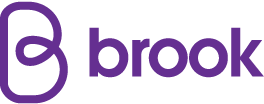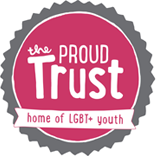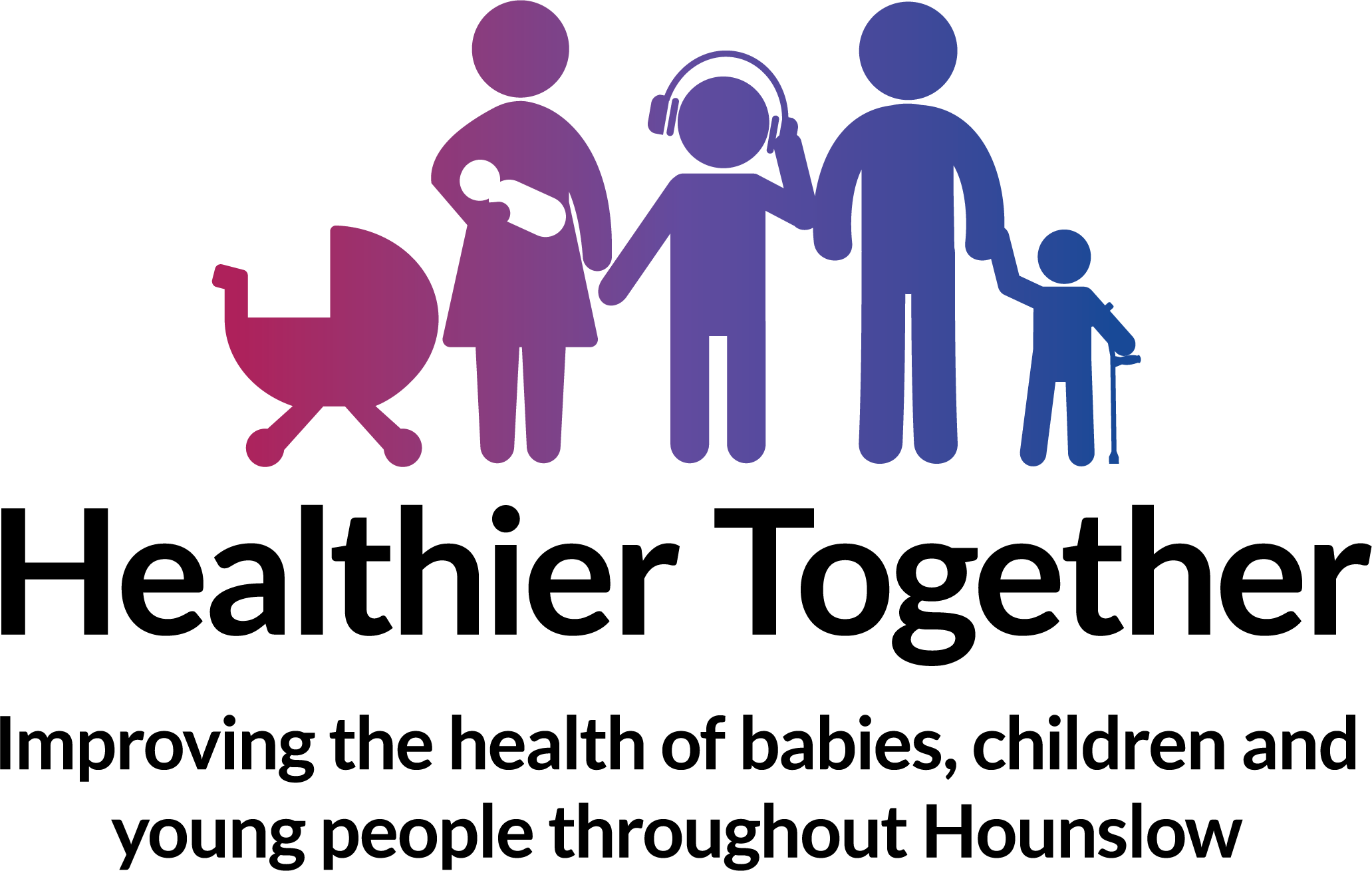Gender Identity
Gender refers to the way in which a person feels and thinks about themselves, and the way they dress, speak or move. This can be different to the ‘sex’ they were given at birth.
The way you feel about your gender is called your gender identity.
Watch this video from the Proud Trust in which young people talk about identity, coming out, language and school.
Gender identity
When people think of “gender”, they often think about body parts, clothes or how a person looks and acts. But we also have a gender identity. This is the gender that we identify with, the gender that we know ourselves to be and it is part of our internal sense of self.
You can’t tell another person’s gender just by looking at them. The only person who can really know your gender is you.
Everyone is unique and has their own style and presentation. This is called gender expression. You don’t have to fit a stereotype of what you think a man or a woman should look like.
Your gender identity is about who you are, your sense of self; your sexuality/sexual orientation is about who you are attracted to.
Gender Dysphoria
When you are born, it’s decided whether you’re a boy or a girl, based on the way your body looks. But for some people, looks can be deceiving and they’re given the wrong gender.
So ‘gender dysphoria’ is the uncomfortable feeling some people get when their gender is different from the one they were given at birth.
No matter how someone’s body looks, they might identify as male, female or non-binary. Non-binary is an umbrella term for individuals whose gender identity doesn’t sit comfortably with ‘man’ or ‘woman’. Non-binary people can feel that their gender identity and gender experience involves being both a man and a woman, or that it is fluid, in between, or completely outside of that binary.
If your gender identity matches the one you were given at birth that’s called “cisgender”.
Words used to describe gender identity
The Proud Trust have put together some of the words people may use to describe their gender identity. You should not feel under any pressure to assign yourself a “label”.
Bigender
A person who feels they have two gender identities – this could be at the same time or at different times.
Cis/Cisgender
A person whose gender is the same or mostly the same as they were assigned at birth.
Demigender
An umbrella term for non-binary identities that have a partial connection to a certain gender. Demiboy: A gender identity that is both male and genderless. Demigirl: A gender identity that is both female and genderless.
Gender Fluid
A person who feels that their gender is not static and that it changes throughout their life – this could be on a daily/weekly/monthly basis.
Gender neutral/Agender
A person who does not identify with any gender.
Non-binary
An umbrella term for gender identities which are not confined by the gender binary of “women” and “men”. Non-binary people may identify with no gender at all or with more than one gender.
Polygender
A person that has several gender identities. This can mean they have them at the same time, or that they often switch between them at different times.
Queer
Some people use it as a collective term for LGBT+ people, and some use it to explain their gender, sexual or political identity. Some people still use this word as an insult – this is LGBTphobia and should be challenged.
Questioning
A person who is uncertain about and/or exploring their own sexual orientation (and/or gender identity).
Trans/Transgender
A person whose gender identity is in some way different to the gender they were assigned at birth.
Pronouns
Pronouns are words used to refer to someone when their name isn’t used. They usually suggest a person’s gender, although some people prefer, or identify with, neutral pronouns such as they or them.
What is your pronoun? You have the right to be called by the pronoun you feel most comfortable with.
You should check with people to ask what their pronoun is and not assume!
Support for trans and gender diverse people
These services offer great resources, helplines, support groups, forums and web chats.
Gendered Intelligence is a registered charity that exists to increase understandings of gender diversity and improve trans people's quality of life.
They believe that everyone can be intelligent about gender.
Check out their website here.
Mermaids
Mermaids has been supporting transgender, nonbinary and gender-diverse children, young people, and their families since 1995.
Mermaids supports transgender, nonbinary and gender-diverse children and young people until their 20th birthday, as well as their families and professionals involved in their care. They also currently offer web chat support to students up to the age of 25.
Visit their website here.
General Support and Advice
The following organisations helped provide content for this page and they will be able provide support and advice on other LGBT+ related topics.

Brook operates a number of sexual health and wellbeing services across the UK and they are committed to supporting young people.
They offer advice on many different areas related to LGBT+ and below you can some example pages:

The Proud Trust is a life saving and life enhancing organisation that helps LGBT+ young people empower themselves, to make a positive change for themselves, and their communities.
To find out more about their work, as well as all the lovely people and partner organisations that help make all this happen, visit their website.



